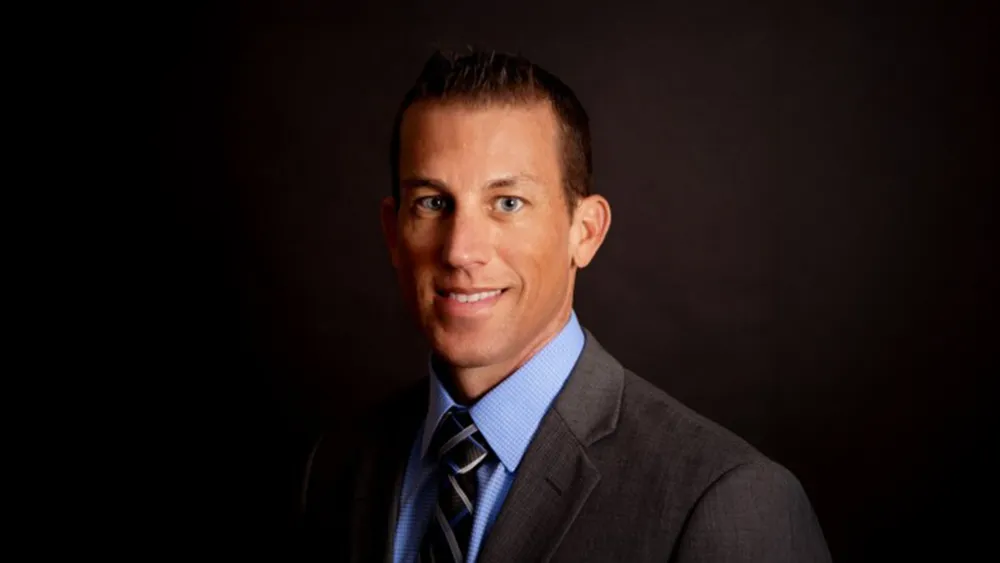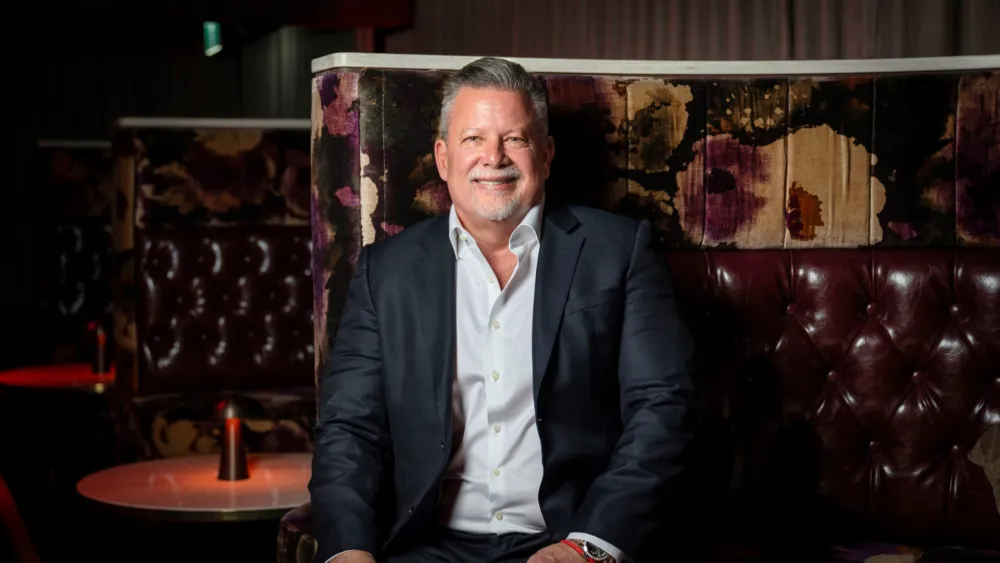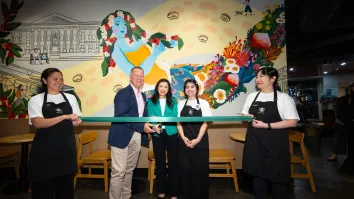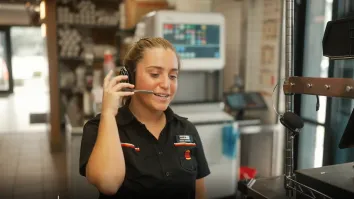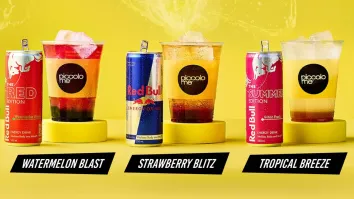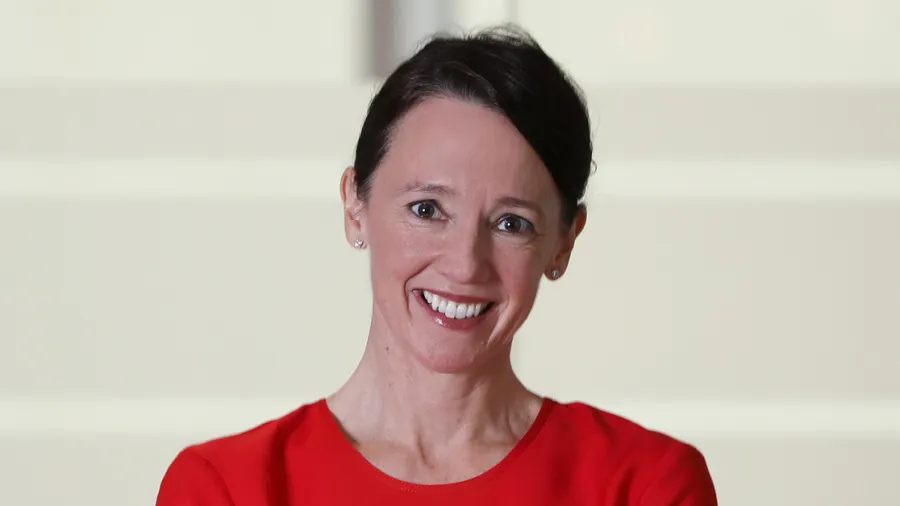
Why shaping women leaders of tomorrow should come from the women of today
CEO Karen Bozic shares her thoughts on stereotypes, aiding women, and the future of QSR.
The Workplace Gender Equality Agency’s report on employer gender pay gaps revealed that 62% of employers in Australia have a gender pay gap of over 5% in favour of men. These are the kinds of challenges that the United Nations (UN) said are detrimental to the goal of reaching gender equality by 2030.
In celebration of International Women’s Day, for the whole month of March QSR Media will talk to women leaders about their own experiences in the workplace, what they learned from that, and what they are doing now to support more inclusivity and diversity in their company.
In an interview, Craveable Brands CEO Karen Bozic, a mother of three, recalled that one of the biggest challenges she came across was successfully juggling a career with being a mother, and the perception that this was impossible for women.
MORE LIKE THIS: QSRs are best positioned to address gender equality challenges
Karen, who graduated from the Australian National University in Canberra, previously worked for a professional services firm. From there, she held several leadership positions through the years in retail companies from Rebel Group, Woolworths, Caltex (now called Ampol) before finally becoming Craveable Brands' top boss.
“I have three children, two who are in school and one in university, but when they were much younger, I almost had to pretend they didn’t exist in the workplace and assure people that my family would not interfere with work. You really couldn’t bring that part of yourself to work,” Karen said.
She also recalls that she was often the only woman in a leadership team and despite that, it was often hard to get noticed and harder still to get opportunities unless you had great mentors and sponsors.
“I had some great mentors and sponsors throughout my career, both men and women and I am grateful for that. But I think a lot of barriers still exist to some extent, and it is different culturally in different organisations,” Karen said.
To break this cycle, the next generation of leaders like Karen, have to make sure that opportunities for women in the workplace are readily available. For Karen, this means being conscious about women in the workplace and being conscious about how you enable men in the workplace.
“The new watch out is flexible working, which I love,” she told QSR Media. “We enable flexible working at Craveable and we are mindful of ensuring that women still remain visible. In particular, flexible work suits women with caring responsibilities and we just have to make sure we adjust to that and don’t go backwards from a visibility and presence perspective.”
MORE LIKE THIS: International Women's Day should mean leading by example
On a more personal note, Karen strives to make things better for women by working with Chief Executive Women, particularly their scholarship committee to establish scholarships for women. She also does a lot of mentoring which she finds very rewarding.
“I’m only where I am because people made time for me. I feel a responsibility to make it better for the people coming through because there is still so much to do,” she said.
More women leaders, less gender pay gap
One current issue Australia is facing is the gender pay gap. The WGEA’s report revealed a glaring gap. However, diving deeper, the report also noted that companies with more women in key management positions are key to closing the gap, with employers who have a gender balance of at least 40% of women and 40% of men being 50% more likely to have a neutral gender pay gap.
“It’s true what they say when you have women in leadership positions, then it is more conscious, less biased and that gap is smaller,” Karen said.
Karen said that at Craveable, around 52% of their team are women. 63% of leadership positions in the company are also women-led, whilst their board is composed of 40% women — twice that of the industry average of 20%.
In WGEA’s data, Craveable Brands has a score of -3% median base pay gap in favour of women.
Women in franchising
Talking about opportunities in the QSR industry, Karen said she would like to see more women in franchising. She said that whilst there is reasonable gender diversity in support office roles and the gender split is almost even amongst restaurant managers, the percentage of women franchisees is notably low, at around 20%.
Addressing this gap presents a substantial opportunity for growth and diversity within the sector. “We have big expansion ambitions. We plan to open 40 new restaurants this year, and we aim to do that for the next couple of years. Selfishly, I’d love to draw from a much bigger talent pool to get more franchisees and it is really underrepresented compared to men. From a societal perspective, this is also important as we know how important having financial independence is for women” Karen said.
To encourage women's participation in franchising, Craveable Brands has pursued highlighting women in franchising campaigns, reshooting marketing imagery, and sharing more stories about women franchise partners on social media.
ALSO READ: Subway, Sushi Sushi wisen up on marketing amidst cost crunch
“The big hurdle ultimately comes back to capital, because to become a franchisee you need to find funding and I think that’s the next big [thing to] solve for us as an industry,” Karen said.
Looking at the QSR industry’s future, she is excited about the opportunities in all things digital and how it links back to physical stores.
“We have apps, websites, kiosks. How does that interface into the physical journey that the customer has? How do we connect and engage with them more often and how do we make their experience better, more convenient and more trustworthy? It’s about bringing those different elements together,” she said.
